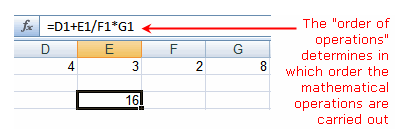 Develop a classification system – analyze patterns, create a schema, evaluate where specific elements belong. Sounds like a very sophisticated exercise. Not really, young toddlers do it all the time – sorting out their toys and household stuff into groups of their own design. They may not be able to explain their thinking, but hand them another item and watch them purposely place it into one of their groups. They have designed a system.
Develop a classification system – analyze patterns, create a schema, evaluate where specific elements belong. Sounds like a very sophisticated exercise. Not really, young toddlers do it all the time – sorting out their toys and household stuff into groups of their own design. They may not be able to explain their thinking, but hand them another item and watch them purposely place it into one of their groups. They have designed a system.
Humans experience the world in patterns, continually trying to answer the question – what is this? Remembering where we’ve encountered things before and assessing new items for their similarities and differences. Someone once asked Picasso if it was difficult to draw a face. His reply, “it’s difficult not to draw one.” We see “faces” everywhere.
Filling out a Venn diagram isn’t analysis – it’s information filing.
It’s unfortunate that student don’t get to use their innate perceptual skills more often in the classroom. Instead of discovering patterns on their own, students are “taught” to memorize patterns developed by someone else. Rather than do the messy work of having to figure out what’s going on and how to group what they see – students are saddled with graphic organizers which take all the thinking out of the exercise. Filling out a Venn diagram isn’t analysis – it’s information filing. Instead of being given a variety of math problems to solve that require different problem-solving strategies, students are taught a specific process then given ten versions of the same problem to solve for homework. No pattern recognition required here – all they have to do is simply keep applying the same procedures to new data sets. Isn’t that what spreadsheets are for?
Continue reading “Don’t Teach Them Facts – Let Student Discover Patterns”


